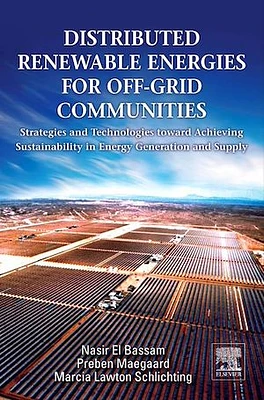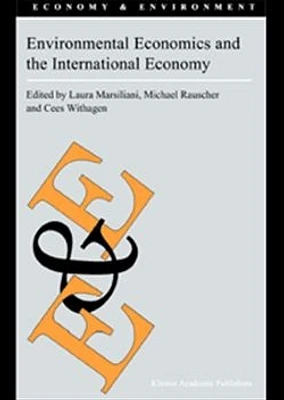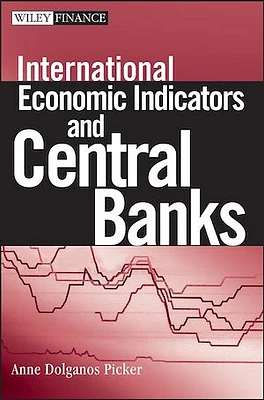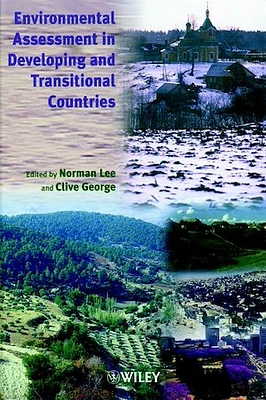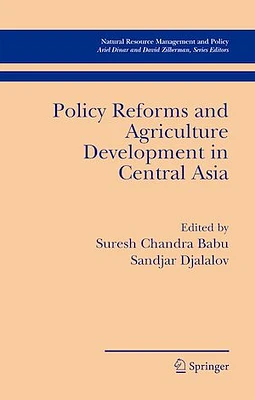Accueil
Renewable Energies for Central Asia Countries: Economic, Environmental and Social Impacts

LIBRAIRIE CARCAJOU
Renewable Energies for Central Asia Countries: Economic, Environmental and Social Impacts
De Librairie Carcajou
In the last few years, the awareness and worries towards the exhaustion of natural resources are increasing, but this fact is still very discussed about its analytical measurement, and therefore is not yet demonstrated. However, what has been demonstrated is that the 6 billion inhabitants of the Earth move around the world every kind of good and wares for a level of 8 tons per-capita, which means about 50 billion tons per year. This is the same amount as that of the materials moved yearly by natural forces, such as winds, eruptions, earthquakes, rain.
After the Kyoto Protocol to enter into force in 16 February 2005 an investment on rational uses of energy, savings and efficiency is the main premise to support the development of new energy sources is needed to meet the target of the KP and UNFCCC. If energy consumption decreases, renewable sources could cover a significant part of the demand of energy (in particular electricity), if consumption remains uselessly high because inefficient and less energy-consuming (acting also on final uses), renewable energy would become a reality, a feasible method even in these sectors. With investments being equal (today all in the sector of generation from fossil sources), if there were parallel researches on how to reduce consumption and wastes considerably (at least 35%) and on power plants from renewable sources, there would be also a reduction of gas emissions, without any negative influence on development.
New technologies (and new "energy products") will play a crucial role for the development of a market of "sustainable energy products" that should grow in a competitive way (cost-effective) to stand against the challenge of change.
Solar sector experts and enterprises, economists, bank and financial institutions interested in Central Asia countries, KYOTO Protocol expert and civil servant of governments





